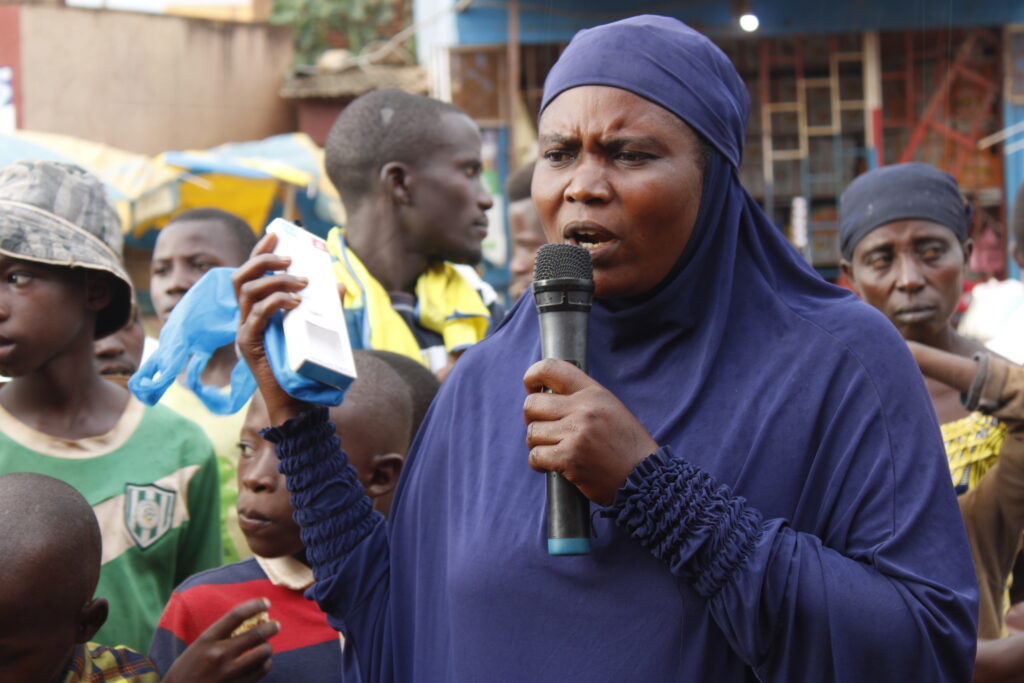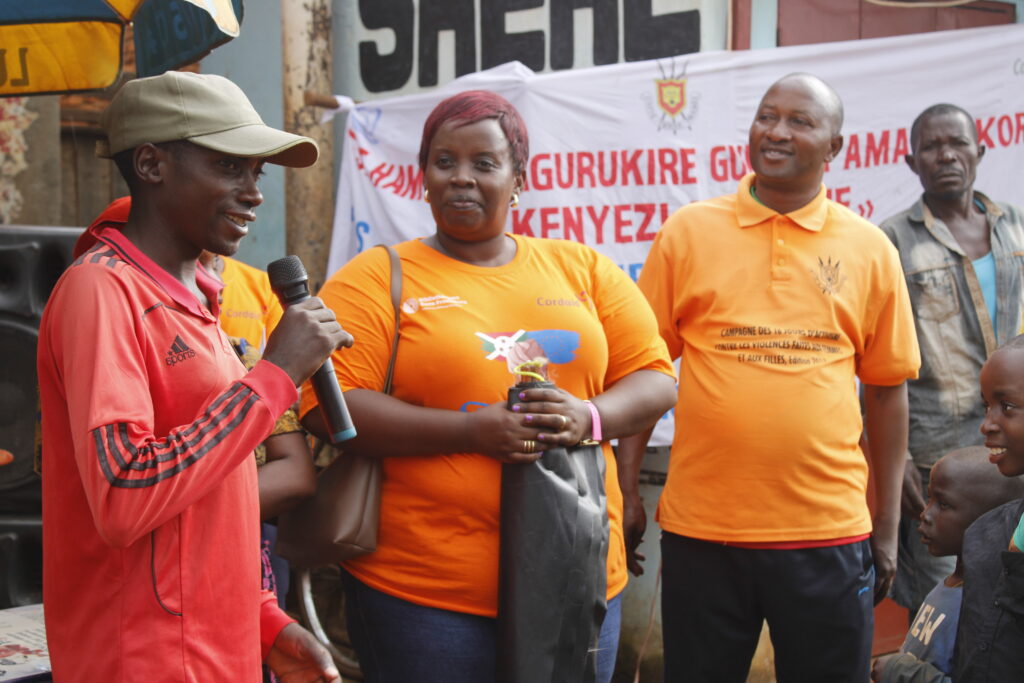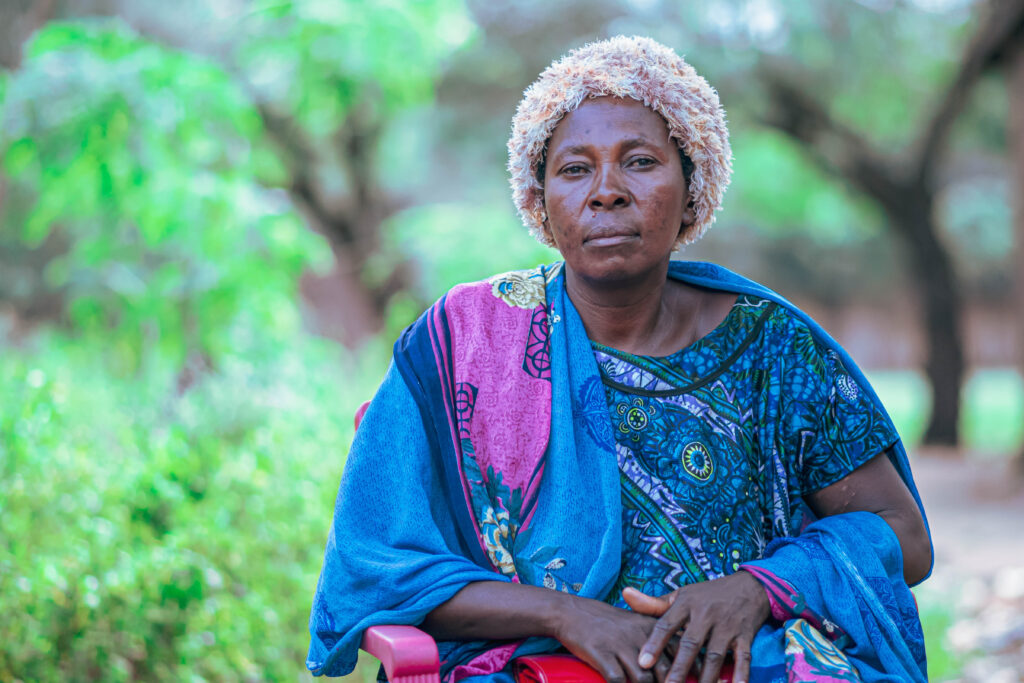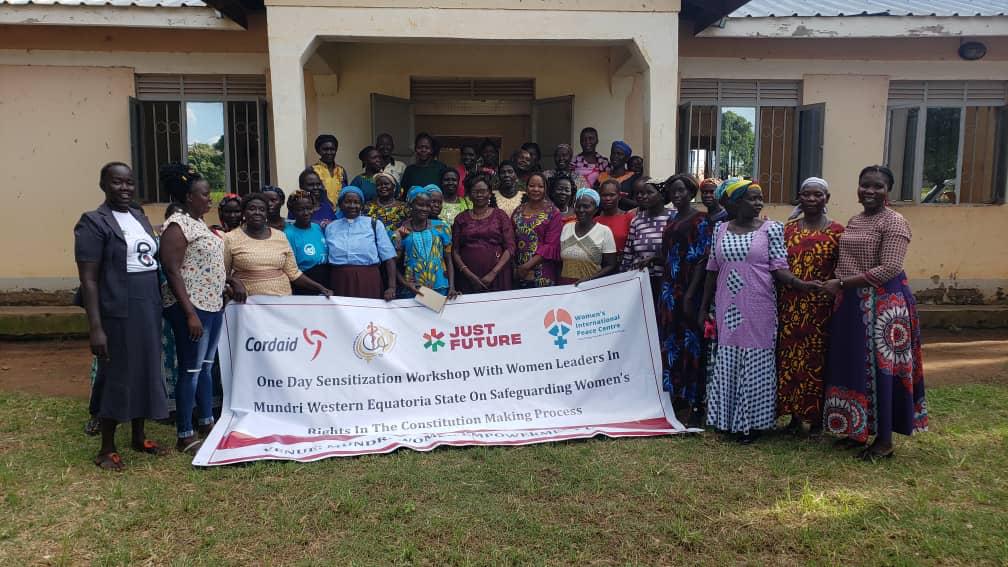Every year, the 25th November marks the International Day for the Elimination of Violence Against Women, as well as the beginning of 16 Days of Activism Against Gender-Based Violence.
The multi-year campaign, managed by UN Women “calls on governments, civil society, women’s organizations, young people, the private sector, media, and the UN system to join forces to address the global pandemic of violence against women and girls.” The 16 Days campaign ends on the 10th December, International Human Rights Day.
Here are some of Cordaid’s highlights from the 16 Days of activism 2023.
Burundi
The Cordaid Burundi team organised a community awareness meeting and legal caravan called ‘All together, invest to prevent violence against women and girls’.

More than 85 community leaders and over 300 participants (both women and men) from the Cibitoke province joined these sessions to increase awareness of the rights and procedures surrounding sexual and gender-based violence (SGBV) in Cibitoke.
“We women need to know the types of violence and how to file complaints. The economic independence of women is also important to effectively combat this violence.”~ Nzituwukuze Jeanine Furaha.


